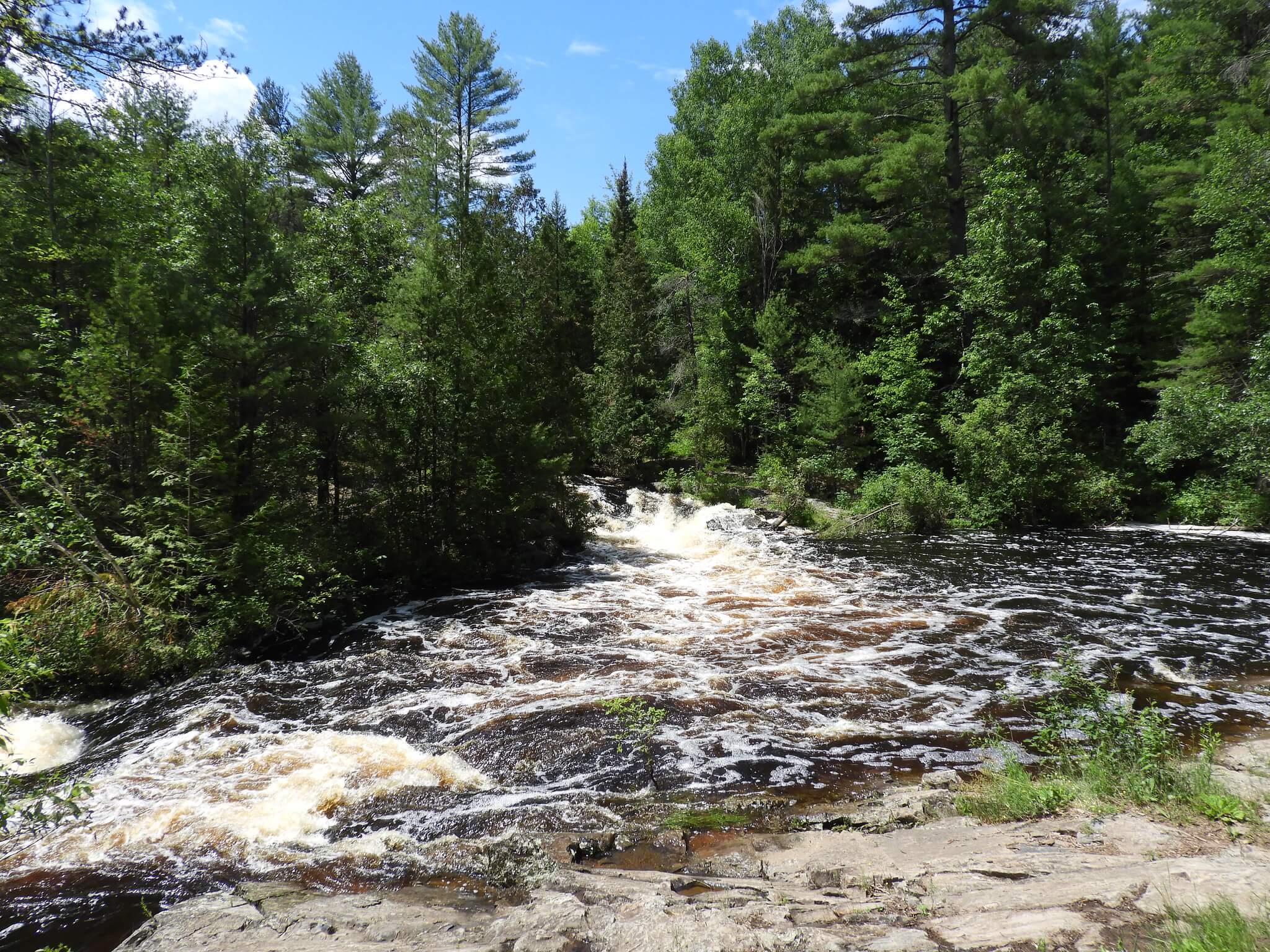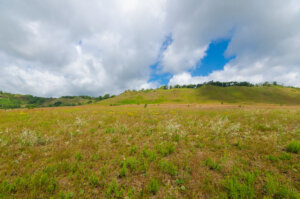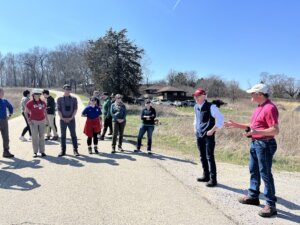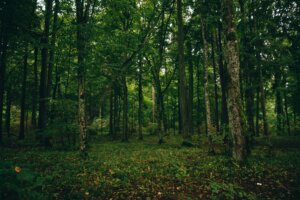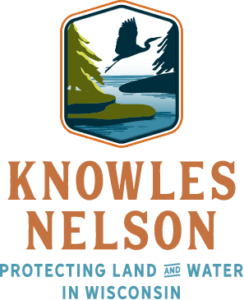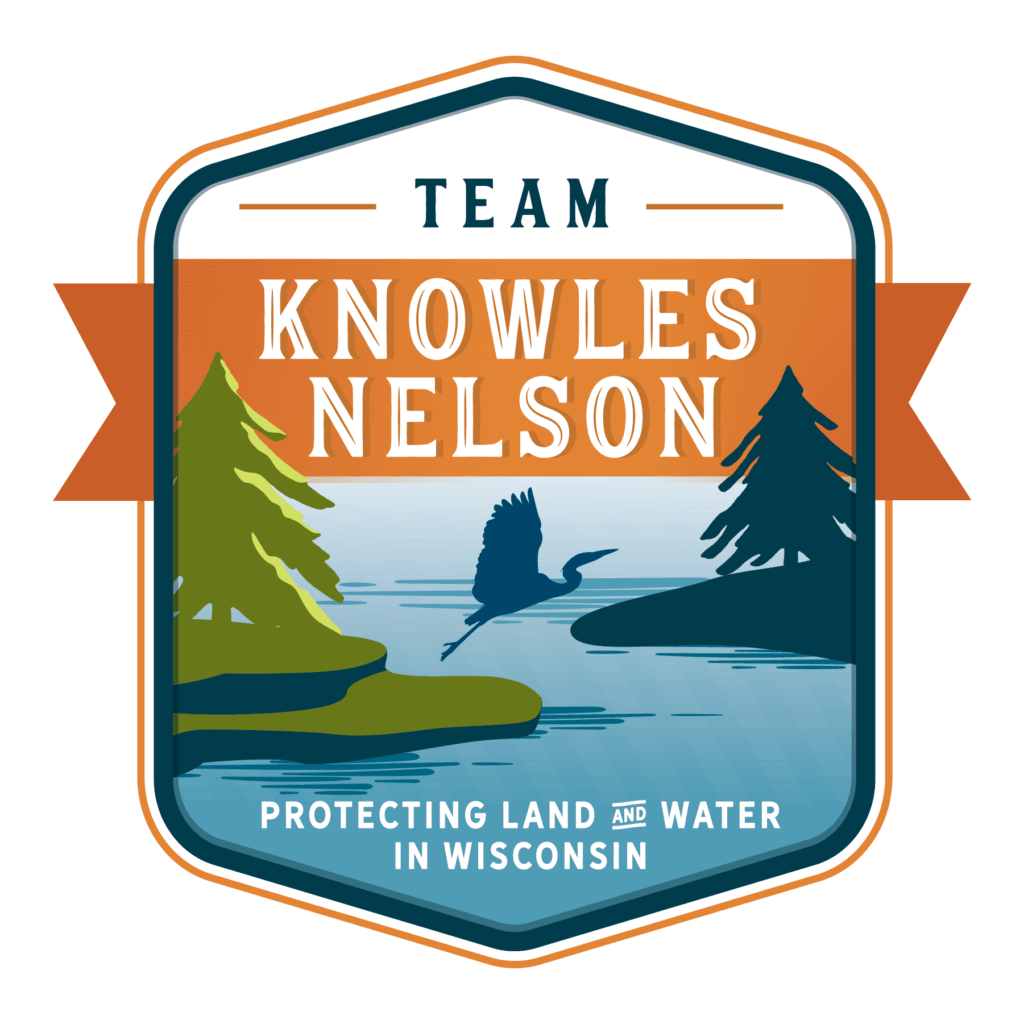The Wisconsin Natural Resources Board approved the remainder of the state’s largest land conservation effort in state history, a $15.5 million conservation easement for more than 56,000 acres in northern Wisconsin known as the Pelican River Forest near Rhinelander, according to reporting by Wisconsin Public Radio. The purchase is mostly funded by a $10.8 million federal forest legacy grant, with about $4 million of funding through the Knowles-Nelson Stewardship Program.
An easement on 12,500 acres was already approved by the Board for a total of nearly $4.7 million. With the two easements combined, the project now exceeds the size of the 65,800-acre Brule-St. Croix Legacy Forest that was conserved in 2015.
The Conservation Fund purchased the property, 70,000 acres of private forestland, last year and has been working with the Wisconsin Department of Natural Resources (DNR) to secure easements. The Conservation Fund will continue to oversee the management of the property, with certification from the Forest Stewardship Council. The forest will be open to the public for recreation, including hunting, fishing, trapping, hiking, and cross-country skiing.
While the project has been approved, the Wisconsin Natural Resources Board wants more clarity on access and signage, according to WXPR. Wisconsin DNR Secretary Preston Cole agreed to a timeline of 60 days to develop an access and signage plan to be shared with the Board.
The project was supported by both conservative and liberal appointees on the Board, as well as numerous groups, including the Wisconsin Conservation Congress, Wisconsin Wildlife Federation, and statewide ATV and UTV clubs. Some local board members in Langlade County raised concerns about the project.
In recent years, large land purchases have met opposition from some Republican legislators, who have concerns about removing private land from tax rolls in Northern Wisconsin and ongoing maintenance costs. Because the land will remain in private ownership, the property’s tax status will not change.
Although the Natural Resources Board and DNR have approved the project, they don’t have the final say on land acquisitions. Any member of the Legislature’s Joint Committee on Finance could still anonymously object to the project, which could prevent access to funding. Earlier this year, Gov. Tony Evers resorted to issuing $4.5 million in American Rescue Plan Act funds for five conservation projects that were stalled by the Joint Committee on Finance.
Featured image by John W. Iwanski, 2020.

